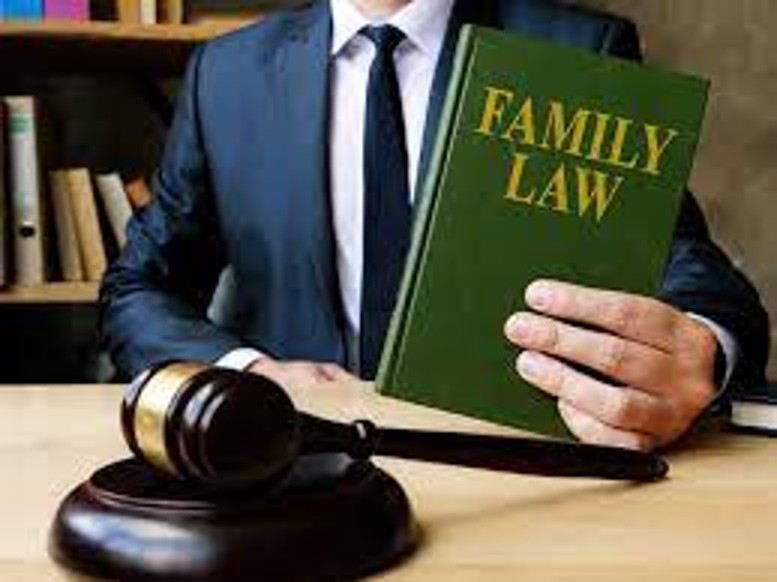NEWS
Empowering Families In Media: Mcintosh Lawyers’ Expertise In Family Law Matters

Families are the cornerstone of society, but the complexities of human relationships can sometimes lead to legal challenges that require skilled guidance. In Media, a beacon of support shines through the dedicated team at McIntosh Lawyers. They focus on family law and offer a wide range of services that not only help families deal with complicated legal issues, but also give them the tools they need to do so with confidence.
Unraveling The Layers Of Family Law
Family law is a broad field that includes divorce, custody fights, adoption, and the sharing of property, among other things. At the heart of this field lies the need for compassionate understanding and expert legal knowledge. McIntosh Lawyers brings together these essential elements to offer families the support they need during trying times.
A Profound Understanding Of Family Dynamics
What sets McIntosh Lawyers apart is their deep understanding of the emotional and interpersonal dynamics that often accompany family law cases. Their team of skilled Media family law attorney recognizes that these cases involve more than just legal disputes – they impact the lives and well-being of everyone involved. With this awareness, they approach each case with empathy and sensitivity, ensuring that their clients’ emotional needs are just as important as their legal ones.
Comprehensive Family Law Services
The services provided by McIntosh Lawyers cover a broad spectrum of family law matters, each designed to cater to the specific needs of their clients:
Divorce and Separation: The end of a marriage is a complex process that requires legal finesse. McIntosh Lawyers guide their clients through divorce proceedings, addressing issues like property division, alimony, and child custody with the utmost care.
Child Custody and Support: When children are involved, emotions run high. The firm’s attorneys advocate for children’s best interests while working towards custody arrangements and child support agreements that are fair for everyone.
Alimony and Spousal Support: Financial matters are a significant aspect of divorce. McIntosh Lawyers help figure out spouse support, making sure that both sides have the same financial responsibilities.
Property Division: Dividing assets is a delicate task, and the firm’s attorneys strive to ensure that marital property is divided fairly, taking into account each party’s contributions and needs.
Pre and Postnuptial Agreements: These agreements are essential for safeguarding assets and ensuring transparency. McIntosh Lawyers helps draft, review, and negotiate these agreements, providing their clients with a strong legal foundation.
Adoption and Guardianship: Growing families through adoption or establishing guardianship involves intricate legal processes. The firm’s expertise simplifies these processes, ensuring legal compliance and emotional security.
The Mcintosh Approach: Expertise And Compassion
The cornerstone of McIntosh Lawyers’ approach is their legal expertise combined with genuine compassion. Their team possesses an in-depth understanding of local laws and regulations, allowing them to tailor strategies that align with each client’s unique situation. But their dedication goes beyond knowing the law. They also try to build long-lasting partnerships based on trust and clear communication.
Mediation: A Path To Resolution
Recognizing that not all family law matters require courtroom battles, McIntosh Lawyers emphasizes the power of mediation. Mediation provides families with the opportunity to resolve disputes in a more collaborative and amicable manner. The firm’s attorneys are skilled mediators, adept at facilitating constructive conversations that lead to mutually agreeable solutions.
Conclusion
In times of family distress, having a dedicated and experienced legal partner can make a world of difference. McIntosh Lawyers offers families in Media the expertise and support they need to navigate the complex landscape of family law. From divorce and child custody to adoption and property disagreements, their wide range of services shows how much they care about their clients’ best interests. By combining legal proficiency with empathy, McIntosh Lawyers empowers families to face challenges head-on and emerge stronger on the other side.










